- Chinese
- French
- German
- Portuguese
- Spanish
- Russian
- Japanese
- Korean
- Arabic
- Irish
- Greek
- Turkish
- Italian
- Danish
- Romanian
- Indonesian
- Czech
- Afrikaans
- Swedish
- Polish
- Basque
- Catalan
- Esperanto
- Hindi
- Lao
- Albanian
- Amharic
- Armenian
- Azerbaijani
- Belarusian
- Bengali
- Bosnian
- Bulgarian
- Cebuano
- Chichewa
- Corsican
- Croatian
- Dutch
- Estonian
- Filipino
- Finnish
- Frisian
- Galician
- Georgian
- Gujarati
- Haitian
- Hausa
- Hawaiian
- Hebrew
- Hmong
- Hungarian
- Icelandic
- Igbo
- Javanese
- Kannada
- Kazakh
- Khmer
- Kurdish
- Kyrgyz
- Latin
- Latvian
- Lithuanian
- Luxembou..
- Macedonian
- Malagasy
- Malay
- Malayalam
- Maltese
- Maori
- Marathi
- Mongolian
- Burmese
- Nepali
- Norwegian
- Pashto
- Persian
- Punjabi
- Serbian
- Sesotho
- Sinhala
- Slovak
- Slovenian
- Somali
- Samoan
- Scots Gaelic
- Shona
- Sindhi
- Sundanese
- Swahili
- Tajik
- Tamil
- Telugu
- Thai
- Ukrainian
- Urdu
- Uzbek
- Vietnamese
- Welsh
- Xhosa
- Yiddish
- Yoruba
- Zulu
- Kinyarwanda
- Tatar
- Oriya
- Turkmen
- Uyghur

wholesale Hot-dip galvanized chemical bolts
Understanding Wholesale Hot-Dip Galvanized Chemical Bolts
Wholesale Hot-dip galvanized chemical bolts are integral to construction and industry, yet misconceptions persist about their use and effectiveness. These bolts, essential for their corrosion resistance, spark debates over quality and application. So let's delve into the nitty-gritty of these components from the perspective of someone deeply entrenched in the field.
The Core of Hot-Dip Galvanization
When we talk about hot-dip galvanized bolts, we're referring to a process where steel bolts are coated in zinc to prevent corrosion. I’ve often seen clients underestimate the significance of this coating, thinking it’s just about aesthetics. However, the lifespan of these bolts largely hinges on this very process.
The zinc coating provides a sacrificial layer, essentially 'taking the hit' so the underlying metal doesn’t. This aspect can be somewhat overlooked until a structure sits in a corrosive environment for some years. That’s when the quiet heroism of these coatings becomes apparent. I recall a project by the seaside where untreated bolts failed rapidly, whereas their galvanized counterparts stood strong, reaffirming the value of proper galvanization.
But it’s crucial to get the process right. Over my years in the industry, I’ve seen numerous failed attempts where improper galvanization led to flakes or a coating too thin to offer real protection. Companies like Handan Zitai Fastener Manufacturing Co., Ltd., leverage their extensive local resources to perfect this technique, ensuring reliable products.
Wholesale Considerations and Market Dynamics
The wholesale side of these bolts is rife with its own challenges. Volume orders require consistency and reliability. When sourcing from manufacturers, I've found proximity to raw material sources to be an invaluable asset. Take Handan Zitai, for example—situated in the heart of China’s largest standard part production base ensures they have access to quality resources and efficient logistics through the Beijing-Guangzhou Railway and nearby highways.
This location advantage translates to faster turnaround times and competitive pricing. However, it’s important for buyers not to get swayed by cost alone. I’ve encountered cases where lower price points compromised on galvanization quality, leading to long-term costs outweighing initial savings.
A deeper relationship with trusted suppliers often leads to better customization options, an overlooked aspect of wholesale transactions that can be vital for large-scale projects with specific requirements.
Application Challenges and Solutions
While the theory behind using these bolts seems straightforward, real-life applications often reveal hidden challenges. For instance, when installing these in environments with extreme pH levels, it’s important to consider additional protective measures. I learned this the hard way during a chemical plant project where bolt performance varied drastically with environmental exposure.
Choosing the right bolt size and ensuring it aligns with the environmental conditions remains critical. In another scenario, misalignment resulted in stress fractures over time—something that could have been averted with more precise planning and testing phases.
Handan Zitai addresses some of these issues by offering a comprehensive range of bolt options, allowing for a more tailored approach to specific needs. Their wide selection facilitates matching the right bolt to the right application.
Technical Insights into Chemical Bolts
Chemical bolts, often used in conjunction with resins, play a specialized role. The versatility they offer in terms of anchoring in solid and hollow materials is invaluable. However, precision during installation is paramount. I’ve observed that incorrect mixing of resin or improper curing can drastically reduce holding capacity.
During an infrastructure project, we spent considerable time fine-tuning the mixing process to ensure maximum performance of chemical bolts. These experiences emphasize the balance needed between theoretical product specifications and practical deployment.
Drawing from Handan Zitai’s products, consistency in material grading and adherence to standards can significantly mitigate risks, offering end-users confidence in rigorous environments.
Longevity and Maintenance Aspects
For stakeholders in maintenance-heavy industries, understanding the long-term behavior of these bolts is key. Regular inspections are non-negotiable for ensuring structural integrity. I always advocate adopting a proactive maintenance schedule rather than a reactive one.
In many of my projects, the routine checks for corrosion or structural deficiencies become lifesavers, allowing timely interventions that prevent more severe issues. It’s here that a good partnership with a manufacturer like Handan Zitai makes a profound difference, as availability of replacements and timely support can significantly influence project outcomes.
Ultimately, wholesale hot-dip galvanized chemical bolts are more than just a commodity; they represent a crucial investment in safety and durability. As the market evolves, staying informed on both product advancements and practical insights will better equip professionals to make the best choices for their applications.
Related products
Related products
Best selling products
Best selling products-
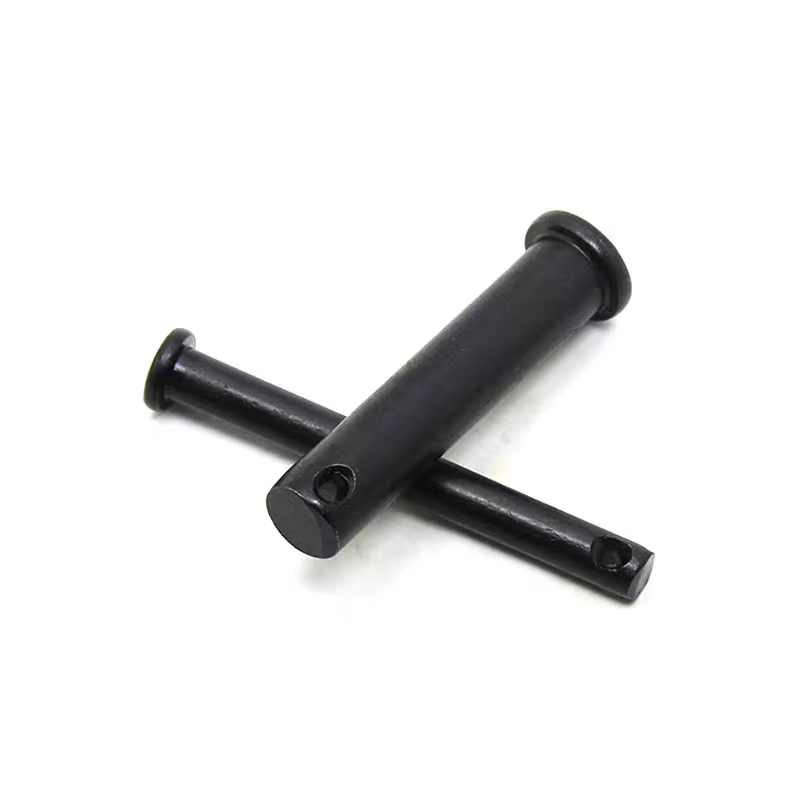 Black zinc plated pin shaft
Black zinc plated pin shaft -
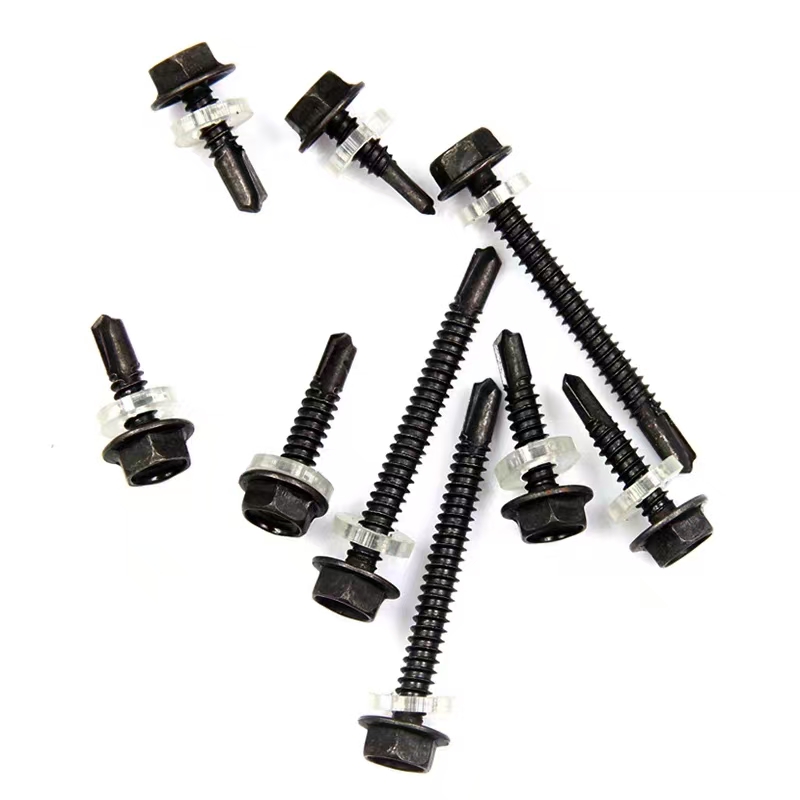 Black zinc-plated hexagonal drill tail wire
Black zinc-plated hexagonal drill tail wire -
 Welding nut (welding nut)
Welding nut (welding nut) -
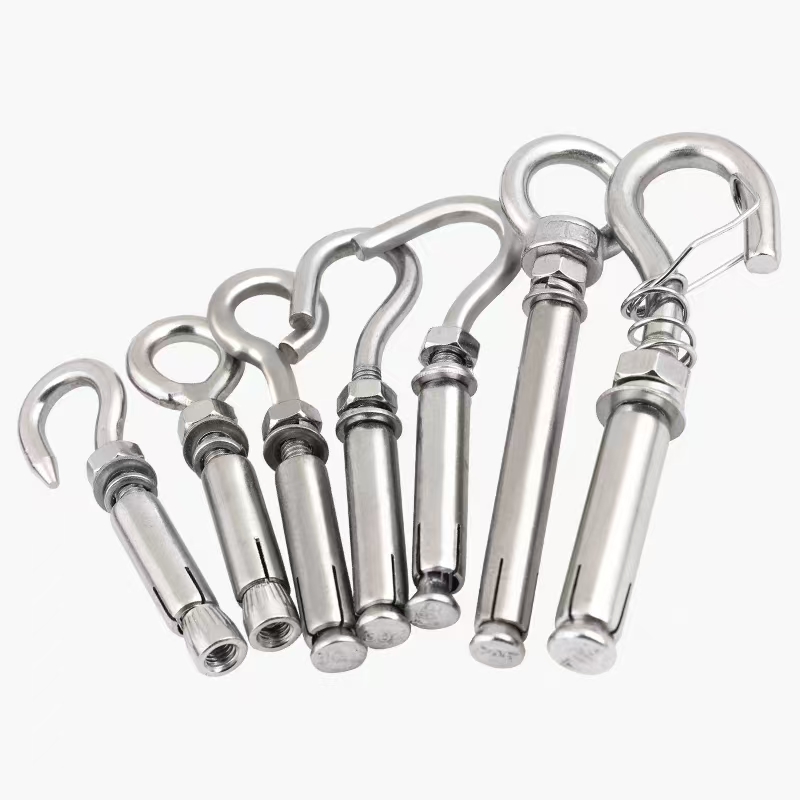 Electro-galvanized expansion hook
Electro-galvanized expansion hook -
 Hot-dip galvanized chemical bolts
Hot-dip galvanized chemical bolts -
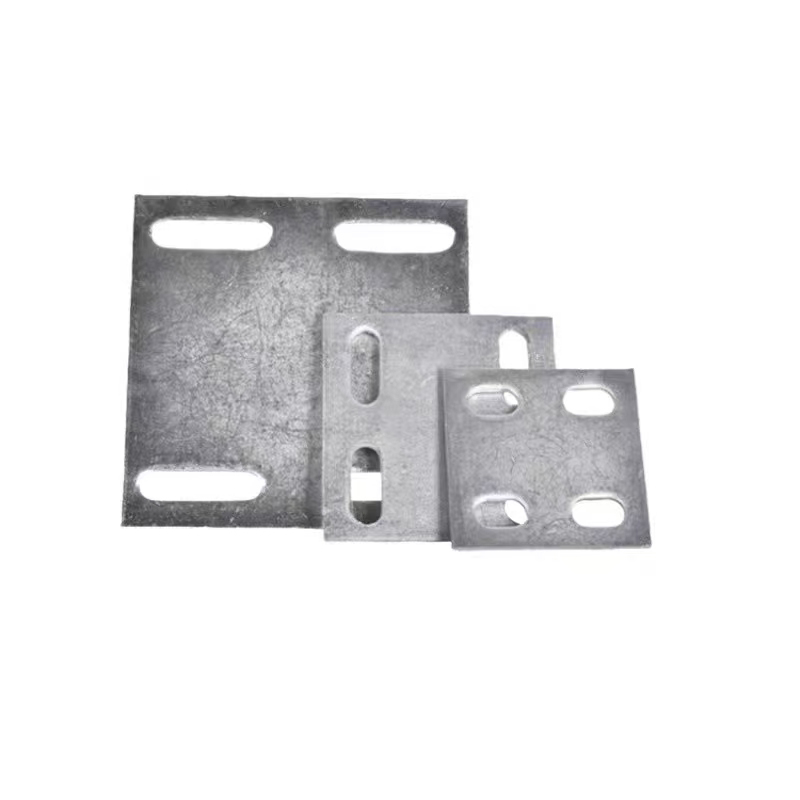 Hot-dip galvanized embedded plate
Hot-dip galvanized embedded plate -
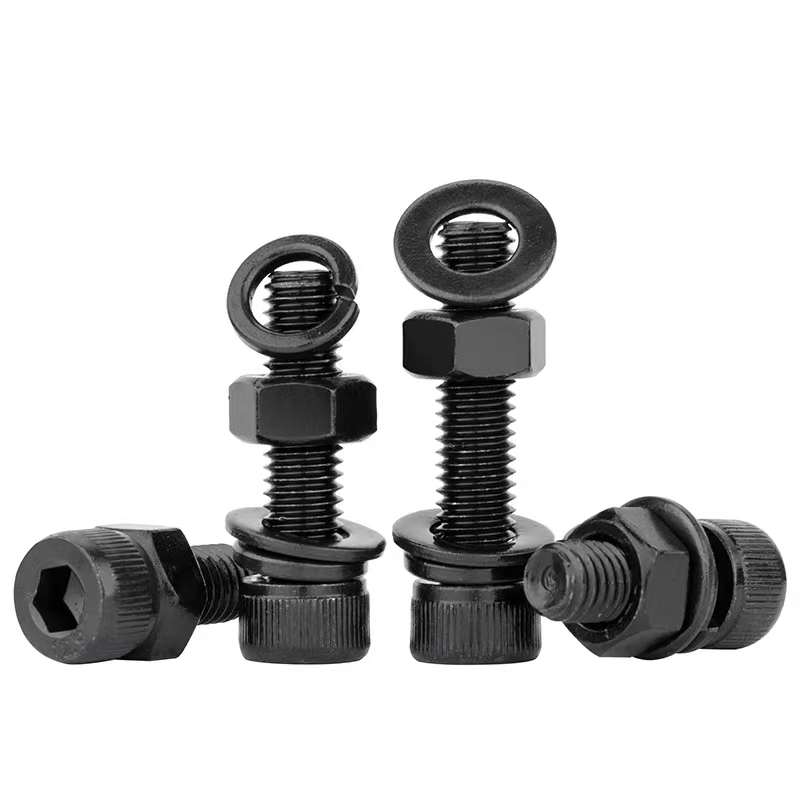 Hexagon socket black zinc-plated bolts
Hexagon socket black zinc-plated bolts -
 Basket bolts
Basket bolts -
 Hexagon socket hot-dip galvanized bolts
Hexagon socket hot-dip galvanized bolts -
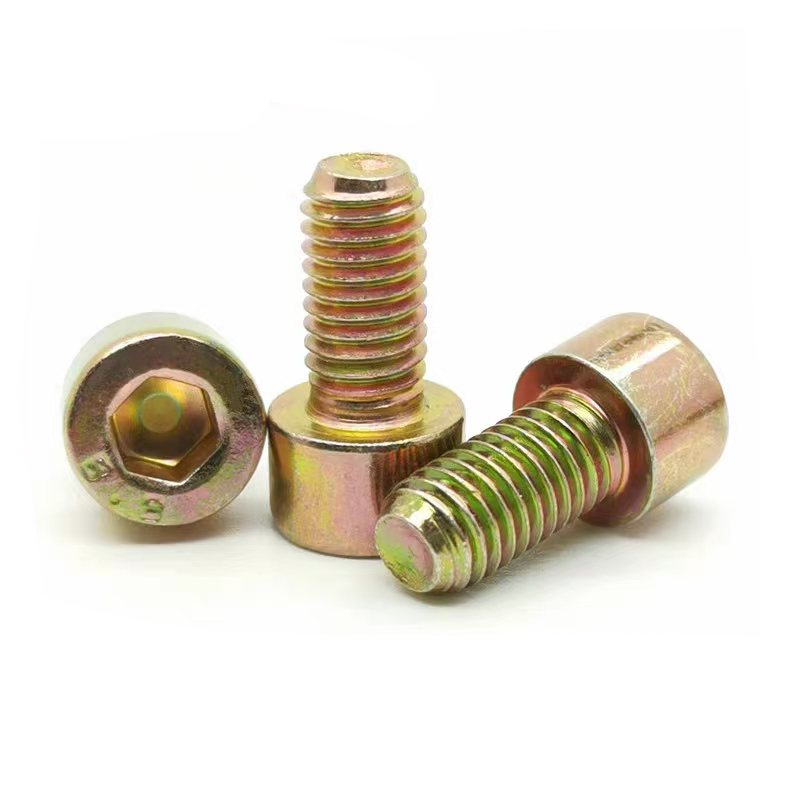 Hexagon socket colored zinc-plated bolts
Hexagon socket colored zinc-plated bolts -
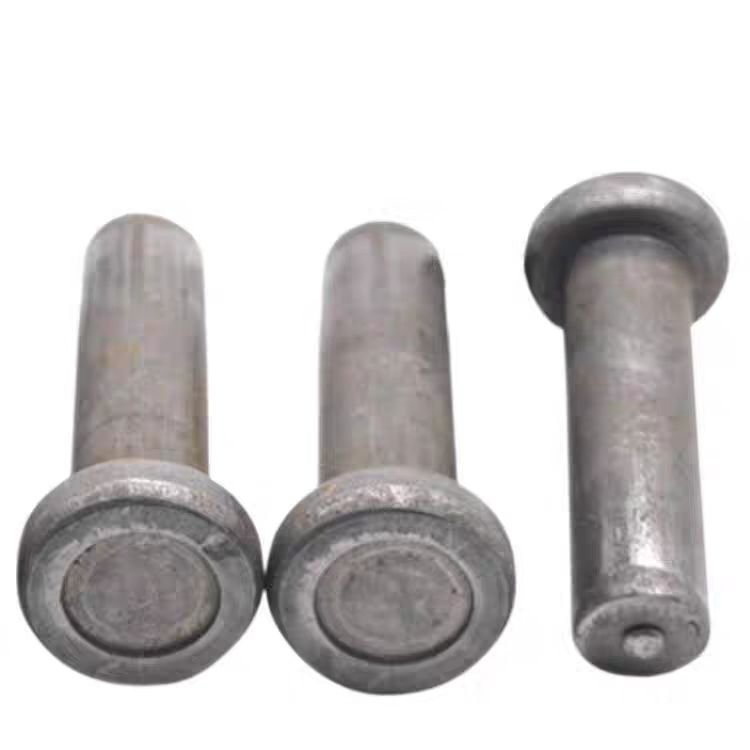 Steel structure welding studs
Steel structure welding studs -
 Colored zinc flange bolts
Colored zinc flange bolts













